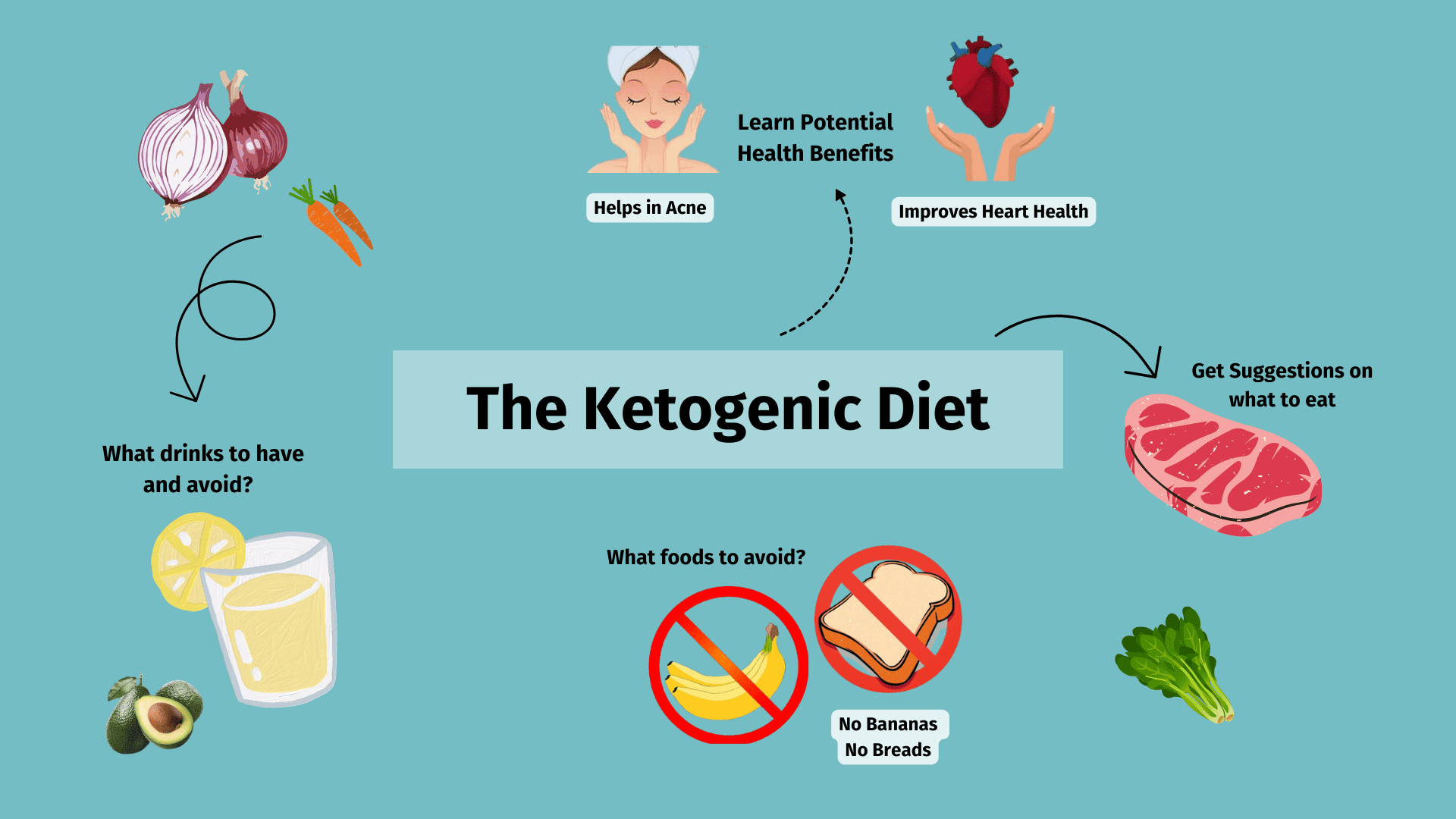Weight loss and overall health benefits are the primary reasons people adopt the ketogenic diet, commonly known as “keto,” according to recent research. Over the past few years, the keto diet has gained immense popularity as a weight-loss strategy. But is it truly the best approach for achieving and maintaining a healthy weight?
Understanding the Keto Diet
The ketogenic diet was initially developed to treat epilepsy in children but has since evolved into a popular weight-loss method for adults. Unlike many low-carb diets that emphasize protein, the keto diet focuses on high fat intake, particularly saturated fats such as butter, lard, and palm or coconut oils, according to Harvard Health.

“It puts you into a state called ketosis, which causes your body to burn fat instead of glucose,” Nadeau explains. However, from a dietitian’s perspective, this can be problematic as it deprioritizes foods rich in vital nutrients, including whole grains, legumes, and fruits. Health experts also caution that high saturated fat diets are linked to heart disease and that keto can pose additional risks, including liver and kidney issues, constipation, and mood swings.
Does the Keto Diet Help in Rapid Weight Loss?
Many people turn to the keto diet for rapid weight loss. However, Nadeau warns that the keto diet is “quite unsustainable” for most individuals. “Even if you initially lose weight, and many do, you’re likely to gain it back once the diet becomes unsustainable,” she notes. “Many people who lose weight on keto end up regaining the weight they lost and more.” Harvard Health suggests that if keto is used for weight loss, it should only be a short-term strategy to jumpstart weight loss rather than a long-term solution.
How Sustainable is this Diet?
Instead of restrictive diets, Nadeau recommends making small, sustainable habit changes: incorporating more physical activity into your daily routine, eating more fruits and vegetables, consuming high-fiber and high-protein foods, and drinking more water. “New diets always sound exciting, and it’s easy to get swept up in thinking they’re the magic solution you’ve been searching for,” Nadeau says. “The truth is, restrictive diets don’t work long-term. If it’s not something you can envision yourself doing forever, it won’t work. Your dietary changes should be things you can maintain for life to sustain your health and results permanently.

While the keto diet may offer short-term weight loss benefits, it is essential to consider the long-term sustainability and potential health risks associated with such a restrictive eating plan. Prioritizing balanced, nutritious food choices and incorporating regular physical activity into your lifestyle are more effective and sustainable strategies for maintaining a healthy weight and overall well-being.
